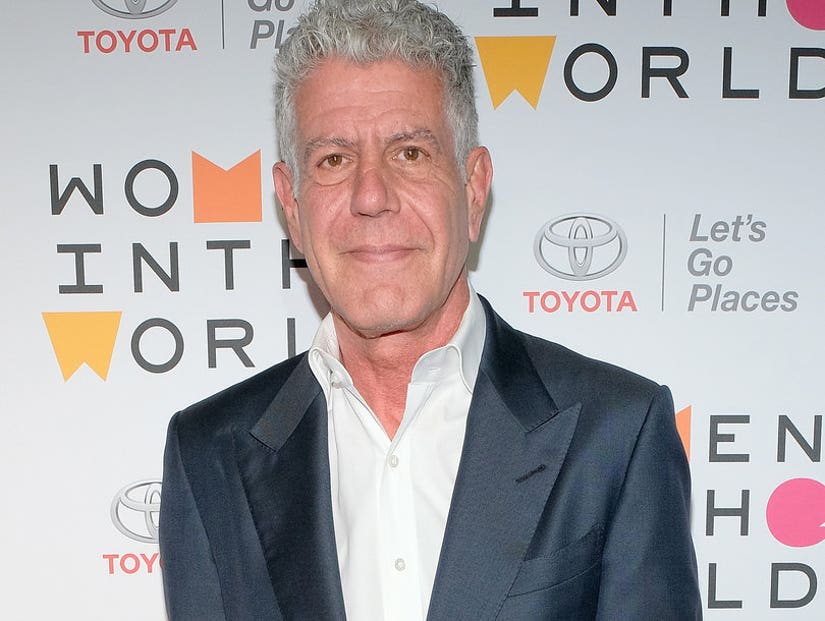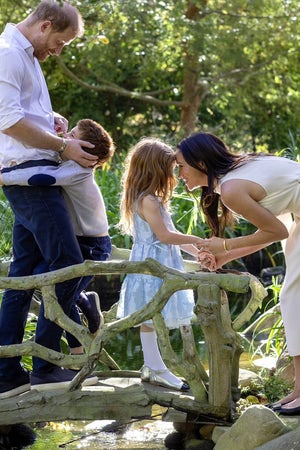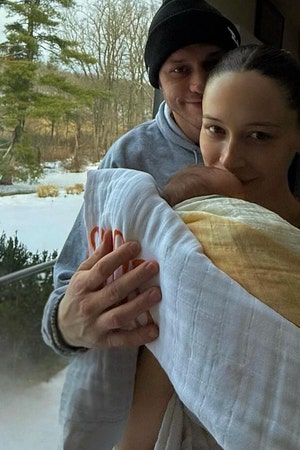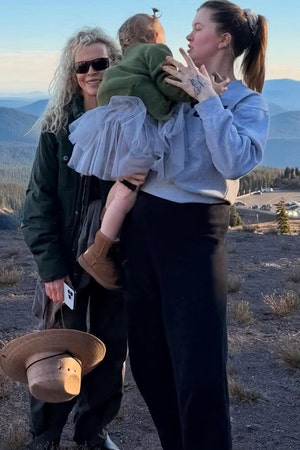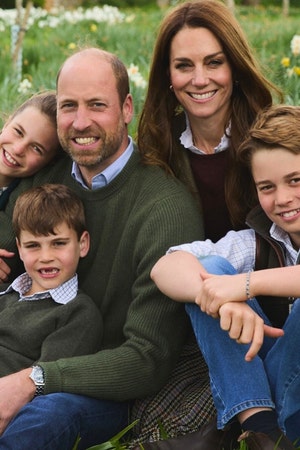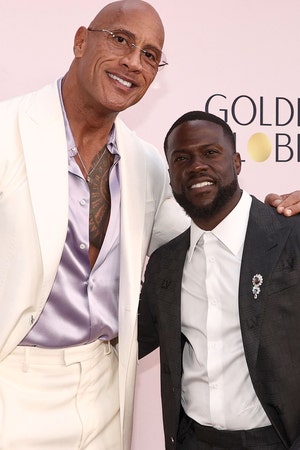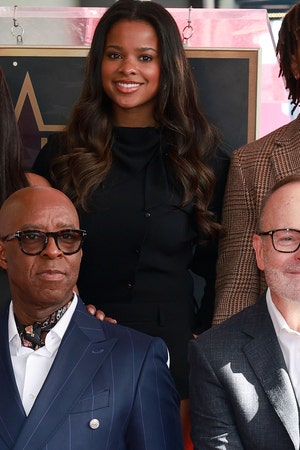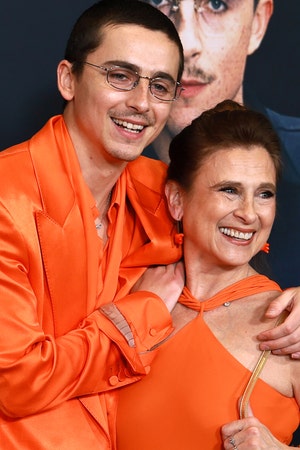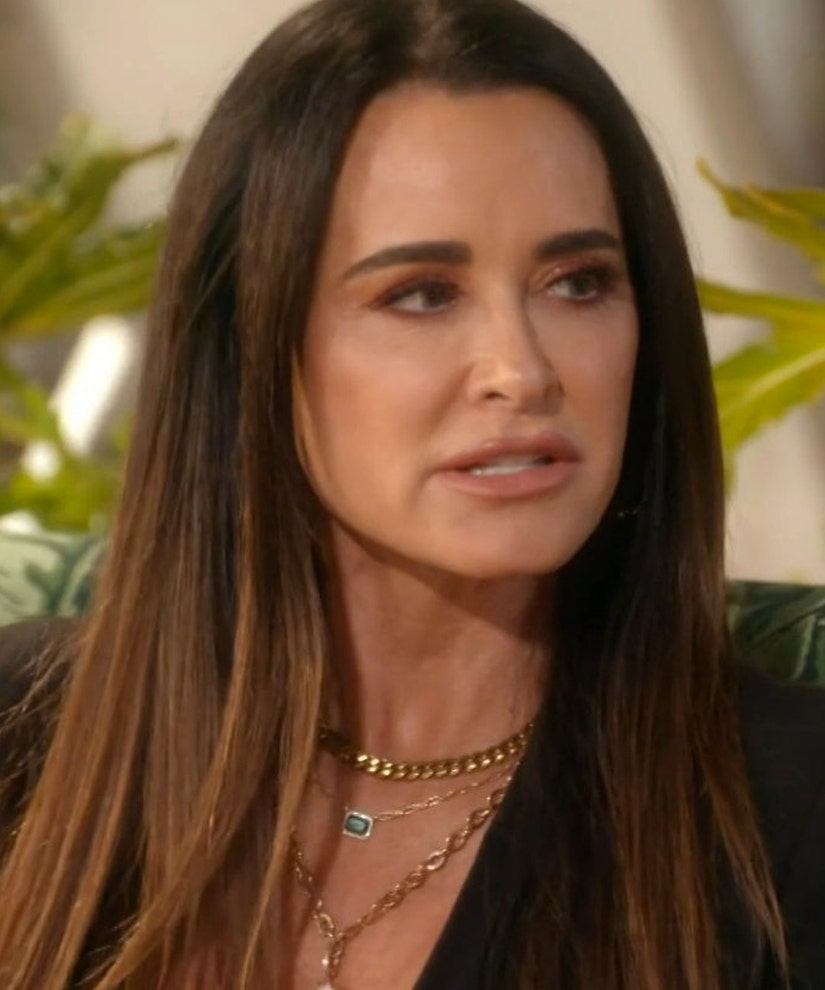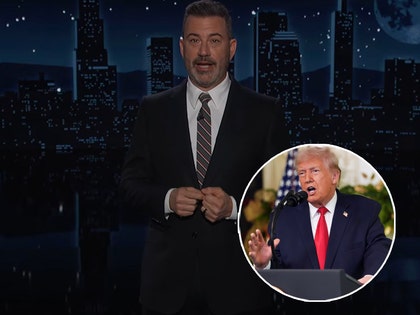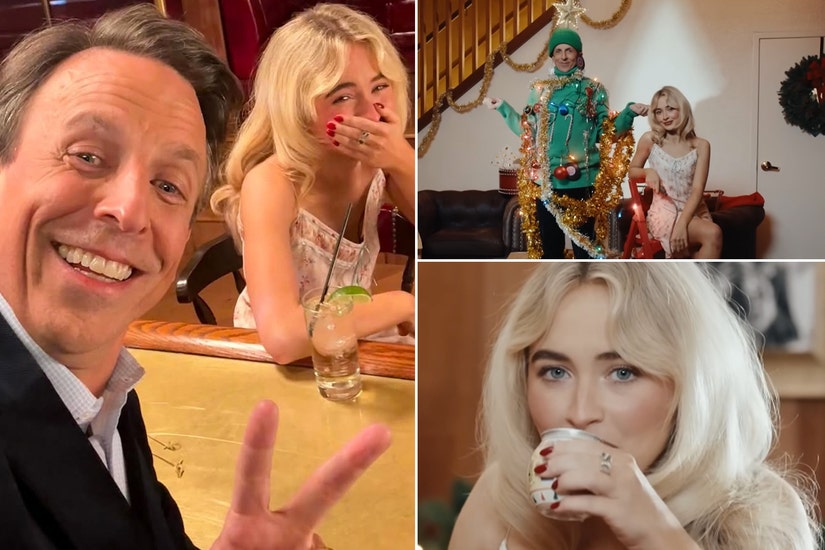In what would be the final episode of an unfinished series, Sunday's "Parts Unknown" began with its doomed host walking the streets of his youth pointing out places he used to buy drugs.
The final episode of "Parts Unknown" revisited Anthony Bourdain's heroin days as a struggling chef in the Lower East Side.
Airing five months after the television host's suicide, the travel and food show bowed out with what was ultimately a fittingly unglamorous final meal -- hard boiled eggs in a friend's apartment.
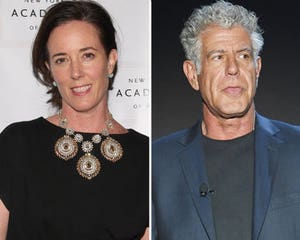 Getty
Getty
Inside One of the Busiest Suicide Hotlines After Anthony Bourdain and Kate Spade Deaths
View StoryBourdain's field notes for the episode, which he narrated during the show, were filled with nostalgia for a gritty, hard-scrabble, and yet touchingly earnest time.
"This is a show about a very special place. A very special time. And some very special people. So much happened—so much began—on New York's Lower East Side," the chef said. "The Lower East Side was in many ways the cradle of New York: where new arrivals first settled, built communities, and later moved on to be replaced by others."
"In the New York City of the '70s," he continued, "nearly bankrupt and riddled with corruption, the Lower East Side—particularly Alphabet City—was left to fend for itself. Huge swaths of it were abandoned, ruined, or simply empty. Much of it became an open-air supermarket for drugs. Whole blocks were taken over by organized drug gangs. Rents were cheap, and the neighborhood started to attract a newer, highly energized and creative group of people who wanted to make things: music, poetry, movies, and art."
"It seemed, at the time, everybody was a star," Bourdain reminisced. "And for a while at least it was a golden time. But it was dangerous. If you lived down here, you had to be tough and talented—and often very quick."
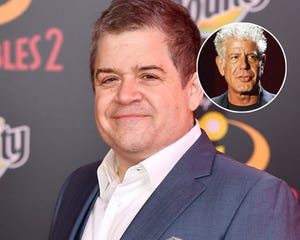 Getty
Getty
Patton Oswalt Shares Anthony Bourdain's Brutally Honest Email Dumping on Restaurant Recommendations: 'F--k Them'
View StoryIn what would be the final episode of an unfinished series, Sunday's "Parts Unknown" began with its doomed host walking the streets of his youth pointing out places he used to buy drugs. The rest that followed was a moody reflection on his early life, filled with danger, illegal substances, artists, and rockers who ultimately inspired him (Blondie's Debbie Harry and Chris Stein make memorable appearances).
The walk down this particularly twisted lane of memory was juxtaposed with Bourdain's decidedly bourgeoisie lifestyle in the years before his untimely death.
At one point in the episode, during a discussion on gentrification, with photographer Clayton Patterson, the subject of real estate prices comes up.
"You have to now make a huge amount of money to be here," Patterson said. "They have huge skyscrapers in midtown that are sold as million dollar apartments and nobody lives in them.
"I live in one of those skyscrapers," Bourdain admitted.
The dichotomy between his former struggling artist self from the '70s and the man he would become, represented in the Anthony Bourdain we all came to know and love, is striking. The iconoclast, the world-traveler, the television sensation, the cultural critic, was far from the ideals of his youth.
Money was at the root of this lifestyle shift.
However, wealth and prestige did not fundamentally change him. His final meal on "Parts Unknown" was as humble as they come.
His friend John Lurie, a musician and painter, served him a plate of boiled eggs.
"I am grateful and honored," Bourdain said accepting the plate. "Eggs, the perfect food."
He then cracked one open and took a bite.
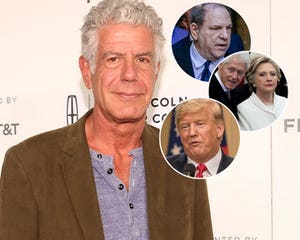 Getty
Getty

